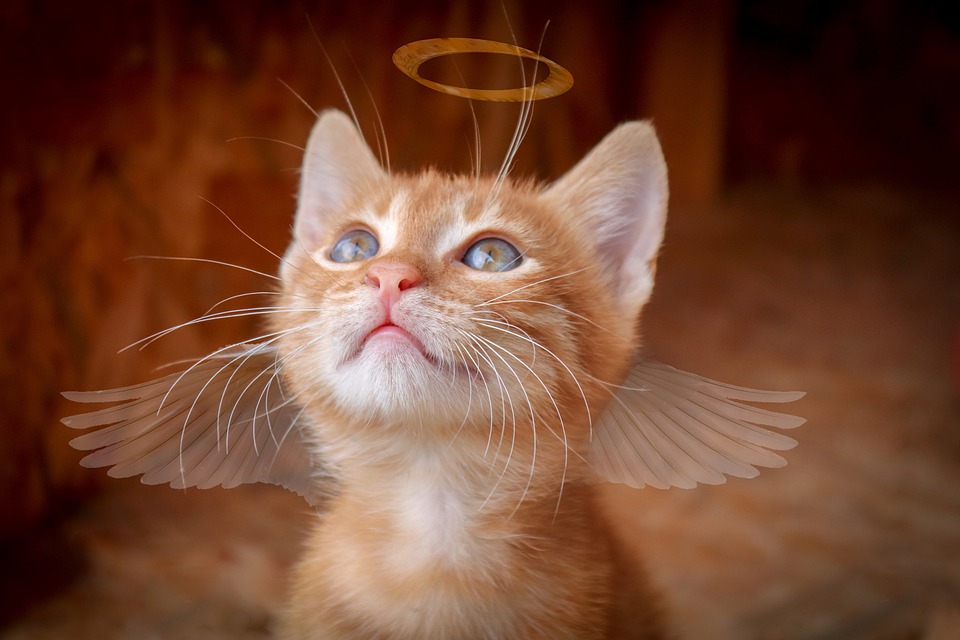Respiratory infections in cats are a common health concern that can significantly impact their well-being if not recognized and addressed promptly. By familiarizing yourself with the signs of respiratory infections and taking appropriate measures, you can help your feline friend recover and prevent further complications.
One of the most common signs of a respiratory infection in cats is sneezing and nasal discharge. If you notice your cat sneezing frequently or having a runny nose, it is important to monitor the color and consistency of the discharge. Yellow or greenish discharge may indicate a more severe infection that requires immediate veterinary attention.
Coughing and wheezing are also common symptoms of respiratory infections in cats. Persistent coughing or wheezing can be a sign that your cat’s respiratory system is not functioning properly. These symptoms should not be ignored, as they can indicate a more severe respiratory infection or even asthma.
Another critical sign to watch out for is difficulty breathing. If you notice your cat struggling to breathe or their breathing seems labored, it is crucial to seek immediate veterinary attention. Respiratory infections can cause inflammation and blockages in the airways, leading to severe breathing difficulties.
Respiratory infections can also cause a loss of appetite and lethargy in cats. It is important to monitor your cat’s eating habits and activity levels, as a prolonged loss of appetite can lead to other health issues. If you notice a significant decrease in appetite or energy levels, consult with a veterinarian.
In addition to the respiratory symptoms, respiratory infections can also affect your cat’s eyes. Red, watery eyes and squinting may indicate an underlying respiratory problem. It is important to have your cat examined by a veterinarian to determine the cause of these symptoms and provide appropriate treatment.
If you suspect that your cat has a respiratory infection, it is essential to consult with a veterinarian for an accurate diagnosis and appropriate treatment. The veterinarian may prescribe antibiotics, antiviral medications, or other treatments based on the severity and cause of the infection. It is important to administer the prescribed medications as directed and follow up with any recommended check-ups or tests.
To prevent the spread of respiratory infections to other cats in your household, it is important to isolate the infected cat. Provide a separate room with all the necessary amenities for your sick feline, including food, water, litter box, and cozy bedding. Regularly clean and disinfect your cat’s living area, including litter boxes, bedding, and toys, to eliminate potential sources of reinfection.
Ensuring proper hydration is also crucial for cats with respiratory infections. Encourage your cat to drink plenty of water to prevent dehydration, which can exacerbate the symptoms of respiratory infections. Offering fresh water and using a cat water fountain can help entice them to drink more.
It is important to remember that most respiratory infections in cats are not contagious to humans. However, practicing good hygiene, such as washing your hands thoroughly after handling a sick cat, is always advisable.
While it is not always possible to prevent respiratory infections entirely, maintaining your cat’s overall health can help reduce the risk. Regular vaccinations, proper nutrition, and a clean living environment are essential for keeping your cat healthy and minimizing the chances of respiratory infections.
With timely veterinary intervention and appropriate treatment, most cats can make a full recovery from respiratory infections. However, severe or untreated infections can lead to chronic respiratory issues, so early detection and intervention are crucial.
When it comes to respiratory infections in cats, it is best to rely on professional veterinary care. Home remedies may not address the underlying cause of the infection and can potentially worsen the condition. Consulting with a veterinarian and following their recommendations is the most effective way to ensure your cat’s recovery.
In conclusion, recognizing and addressing signs of respiratory infections in cats is crucial for their well-being. If you suspect any signs of a respiratory infection or if your cat’s symptoms worsen, consult with a veterinarian promptly. Early intervention can significantly improve your cat’s chances of a swift recovery and a healthier life.








